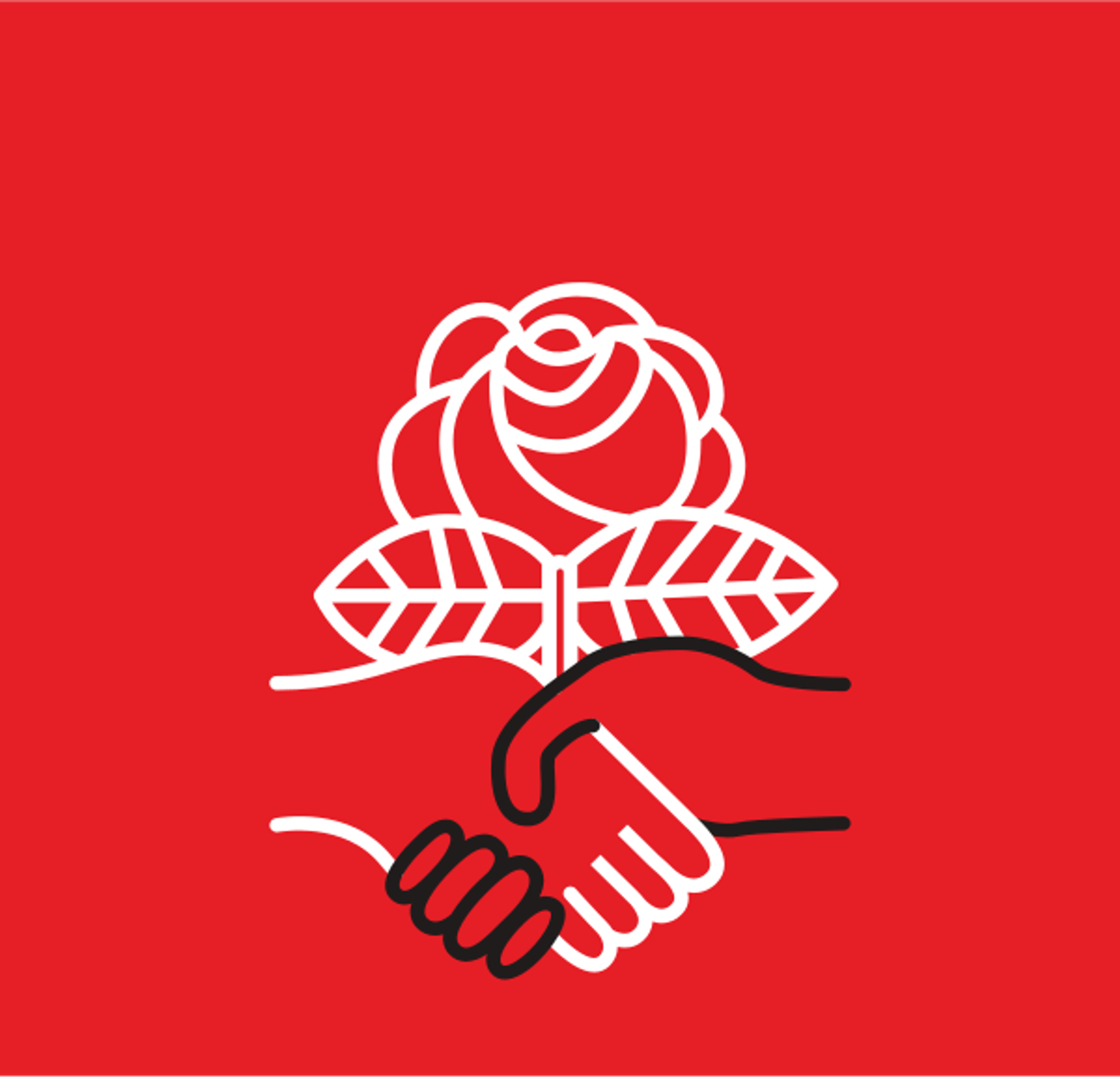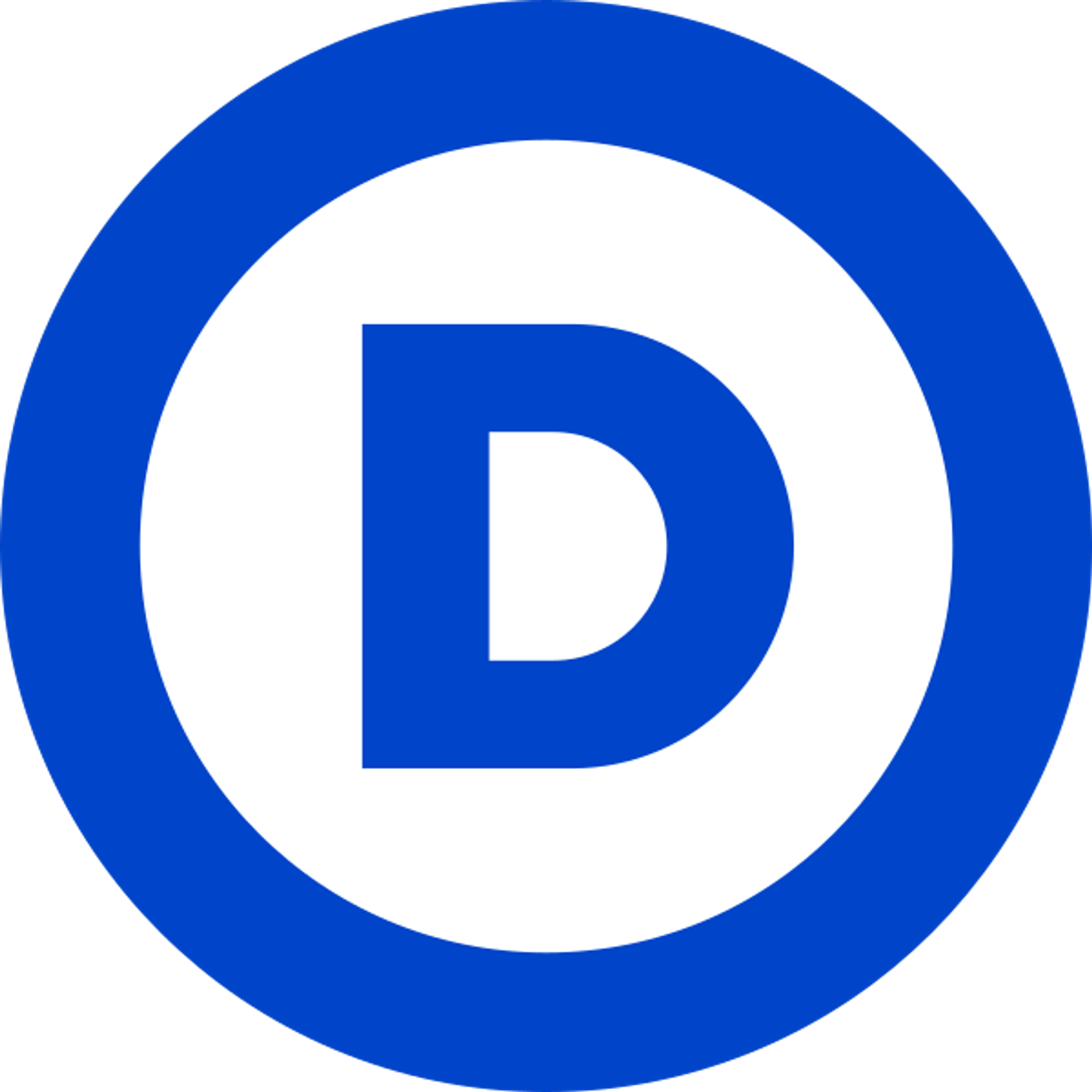
Chinese Communist Party
What do people say about Chinese Communist Party?
In the United States, the perception of the Chinese Communist Party (CCP) is deeply negative and fraught with distrust. The CCP is widely seen as an authoritarian regime that suppresses freedoms, violates human rights, and aggressively expands its geopolitical influence. American media and political discourse often emphasize the party's oppressive control over its population and its adversarial stance toward U.S. interests globally. There is little to no positive framing of the CCP, with critical narratives dominating discussions on trade, security, and international norms. This hostile perception reflects broader U.S.-China tensions and skepticism about the CCP's global intentions and domestic governance.
Where are the conversations happening?
The most critical discussions about the Chinese Communist Party typically come from mainstream U.S. news outlets such as CNN, Fox News, and The New York Times, as well as political commentary on platforms like MSNBC and conservative talk radio. These sources focus on the CCP's human rights record, military expansion, and trade practices. The critical narratives are consistent across these channels, with little to no counterbalance from sources offering a neutral or positive perspective. This uniformity amplifies the negative perception among U.S. audiences.
What are the topics trending around Chinese Communist Party?
Emerging trends include discussions on CCP's role in global supply chain vulnerabilities, its increasing military assertiveness in the South China Sea, the ongoing human rights concerns in Xinjiang and Hong Kong, and the technological competition exemplified by tensions over 5G and AI development.
Why are these topics trending?
These topics arise from recent geopolitical developments where the CCP's actions directly impact global security, economic stability, and human rights norms. The U.S. discourse focuses on countering CCP influence in technology and military domains while condemning its internal repressiveness, making these trends particularly salient in shaping perception.
How is Chinese Communist Party being talked about?
Detailed breakdown of public sentiment and conversations about this entity.
Impact vs Sentiment
See how each entity's high impact percentage relates to their positive sentiment percentage from actual mentions.





